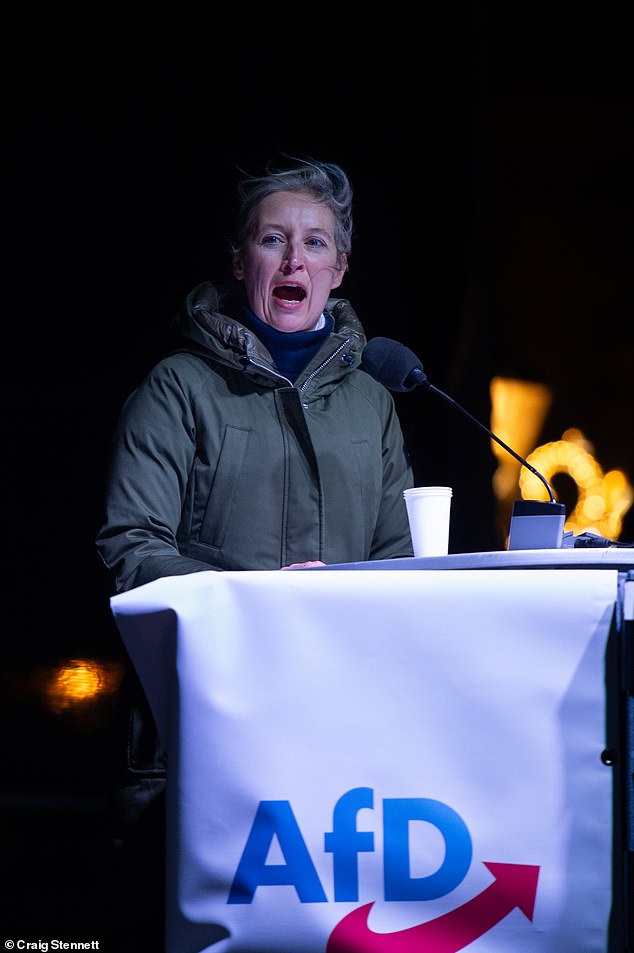Elon Musk pens opinion piece defending his support for Germany’s far-right AfD party, prompting editor to resign
Elon Musk defended his support for the far-right AfD party in an op-ed in the Welt am Sonntag newspaper on Saturday, prompting an editor-in-chief to resign.
The world’s richest man doubled down on his December 20 comments that “only the AfD can save Germany,” writing that the anti-immigration AfD was the “last ray of hope for the country” on the “edge of cultural and economic collapse.” .
Despite several branches of the AfD being labeled “extremist” by Germany’s domestic security service, Musk said the AfD’s classification as far-right was “clearly untrue” as party leader Alice Weidel “has a same-sex partner from Sri Lanka” .
With Musk set to play a key role in the government of newly-elected US President Donald Trump, the billionaire’s interventions have sparked accusations of meddling in German democracy.
The country goes to the polls on February 23, with the AfD poll polling around 19 percent of the vote.
Musk’s guest opinion piece in the Welt am Sonntag provoked outraged reactions and the resignation of the conservative title’s opinion editor.
‘Today a piece by Elon Musk appeared in the Welt am Sonntag. Yesterday I submitted my resignation after it went to print,” Eva Marie Kogel wrote on the X social media platform that Musk owns.
Meanwhile, Greens campaign leader Andreas Audretsch wrote: “We cannot allow the Elon Musks of this world, the Chinese state or the Russian troll factories to undermine our democracies in Europe.”
Elon Musk (photo) defended his support for the far-right AfD party in Germany on Saturday in an op-ed in the newspaper Welt am Sonntag

Despite several branches of the AfD being labeled as “extremist” by Germany’s domestic security service, Musk said the AfD’s classification as far-right was “clearly incorrect” as party leader Alice Weidel (pictured) “has a same-sex partner from Sri Lanka has’.
The Association of German Journalists (DJV) protested against the ‘election advertisements’ allowed by the newspaper’s editorial staff.
“The German media must not allow themselves to be manipulated into serving as a mouthpiece for autocrats and their friends,” said DJV leader Mika Beuster.
Even the new editor-in-chief of the Welt, Jan Philipp Burgard, was forced to disagree with Musk in the opinion piece, writing: “Even a genius can be wrong.”
Burgard argued that the AfD is “a danger to our values and our economy” and pointed out that Bjoern Hoecke, the leader of the AfD in the state of Thuringia, “has been convicted several times for using a banned Nazi slogan.”
Die Welt belongs to Axel Springer, Germany’s most influential press group.
The line-up includes the tabloid Bild, the country’s most read newspaper.
